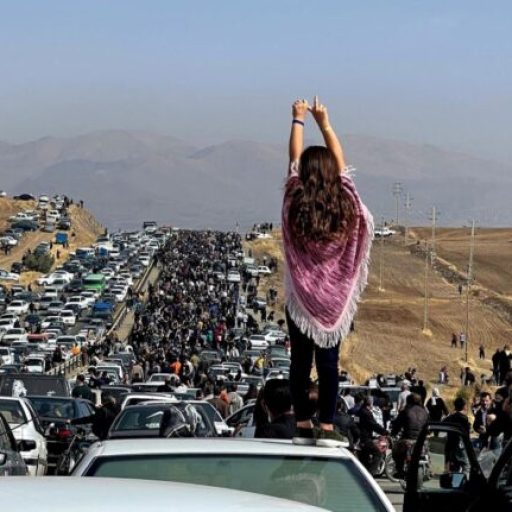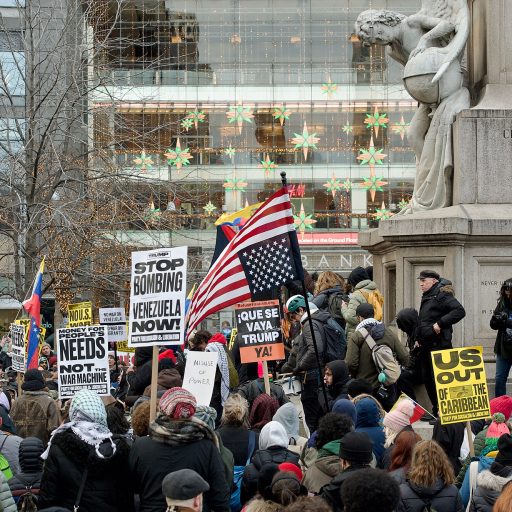By Secretary of International Relations MRS, Nicaragua, Héctor Mairena
On April 18th, we commemorated the second anniversary of the civil rebellion in Nicaragua against the Ortega Murillo regime. April 2018 marked a tipping point in the fight for democracy in Nicaragua. It was an explosion of citizen inconformity accumulated since 2007, when Ortega came back to power. The risk of a dictatorial regime by Ortega had been warned about by the feminist movement in 2005 and for Alliance MRS immediately after the 2006 election.
Two years after that tipping point and citizen resistance, what has happened? What has been achieved?
- The rebellion of April forced the business elite in Nicaragua to break its alliance with the Ortega regime, which they had kept for 11 years. This breakup remains.
- There was a deeper rupture with the Catholic church. The Episcopal Conference had warned Ortega in may 2014 that “no one is eternal”, and demanded the creation of institutional reforms, the convocation of a national dialogue and that the 2016 election, were transparent. Ortega ignored their demands.
- The civic insurrection of April faced the Ortega regime with civil resistance. The regime tried to create an armed confrontation and resorted to repression with guns, to militarily occupy the cities through paramilitary forces and policemen. Despite this, the resistance continued through the civic avenue.
- The world learned about what was happening and is happening in Nicaragua. The Ortega regime was left exposed for what it is: a criminal regime. The resounding reports by human rights organizations, made apparent the commission of crimes against humanity. Hundreds of Nicaraguans were assassinated, more than one thousand were jailed and dozens of thousands were forced to leave the country. The regime has been condemned by OAS and EU. The nucleus of power of the regime and the main heads of the crimes committed have been qualified as international criminals and sanctioned by the US and Canada.
- But more importantly, the national isolation of the regime has been achieved and progress has been made in building a grand democratic national union, which, in the midst of repression and the inevitable difficulties of forming a coalition of diverse actors, is moving forward. The big opposition blocks, National Union Blue and White and Civic Alliance are a reality.
The Ortega regime has been defeated, it does not longer govern. The Ortega regime only manages repression through the control of the Police and the Army- from a bubble, full of fear and without any room for maneuvering, neither in the political nor the economical.
Civic resistance, international pressure and the ever more evident incapacity of the regime to govern, evidenced these days with the COVIC 19 pandemic, are objective proof of the strategic defeat the regime has suffered.




![Headline: Hier bitte das Thema [ Headline] 24.10.25, Lucerne, Switzerland, Progressive Alliance PA women conference](https://progressive-alliance.info/wp-content/uploads/elementor/thumbs/MAW251024mw859033AdobeRGB-scaled-recq0qxu9kb6pncdi2i7wo6ttne03ppnu58zxxdc74.jpg)
![Headline: Hier bitte das Thema [ Headline] 25.10.25, Lucerne, Switzerland, Progressive Alliance PA women conference](https://progressive-alliance.info/wp-content/uploads/elementor/thumbs/MAW251025mw860402AdobeRGB-scaled-recs8kegm3kqlleif2kq512xsjz2qfl3t7kc0t0tts.jpg)